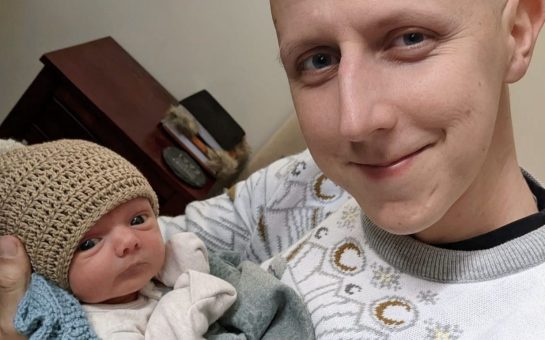Unnecessary firefighter call outs to Tameside Hospital have been slashed by two thirds following a 12-month operation to reduce false fire alarms.
False fire alarms – which once numbered between 20 and 30 each month – distract fire authorities from genuine incidents and cause unnecessary anxiety to patients, staff and visitors at the hospital.
But thanks to target-specific initiatives the number of call-outs fell to just nine – much to the delight of Tameside fire safety officer Mike McCluskey.
He said: “This is really positive news for both Greater Manchester Fire and Rescue Service and the hospital as false alarms tie up fire service resources when they may be needed at a real fire.
“For the hospital it reduces the number of patients who may miss or be delayed for appointments during false fire alarms and reduces the amount of disruption for staff.”
Last April, Tameside Hospital and its mental health units teamed up with Pennine Care NHS Foundation Trust and Stalybridge Fire Station to get to the root of the problem.
Jon Sweeney, White Watch manager for the station, explained he had worked with Mr McCluskey and Colin Waite, Pennine Care’s fire safety manager, to gather useful information.
“I send them monthly reports on what calls we’ve had and what was done at the time so they can look at it from their side,” he said.
“They’re reporting back on what ward and even what room they’ve attended, what the call was about and any other comments by the attending officer.
“So one thing is the watch manager gets a name of someone at the hospital and they’re often addressing issues at that stage.
“We’ve done really well and seen a massive reduction in unwanted fire signals.”
One trigger identified in the number of false alarms was smoking – leading the hospital to introduce a total ban on all smoking-related items on wards.
Talking about the decision, Colin Waite attributed the introduction of the smoking ban to the higher level of fire alarm incidents.
“Since the ban came into force in 2007, we have seen an increase in the number of covert smoking incidents, including patients smoking in toilets, cupboards and even under bed sheets,” he said.
“Last year around 700 patients were found to be smoking on our wards and inpatient areas, which significantly increases the risk of fire and often causes the activation of fire alarms, wasting the fire service’s time and causing disruption to staff and patients on the ward.
“We have been working closely with the fire service to address the issue.”
False alarms were also caused when visitors mistook fire call point buttons –numbering 6,000 across the hospital along with smoke detectors – for door access control buttons.
As a result covers and notices were introduced as part of an ongoing new signage and poster campaign.
Despite the progress, the team wants to continue the good work including advising staff, patients and visitors of what they can do to help.
Firefighters and officers will also regularly take part in activities and events at the hospital to inform people directly to try and keep the false alarms down.
Picture courtesy of GMFRS via Facebook, with thanks.
For more on this story and many others, follow Mancunian Matters on Twitter and Facebook.



